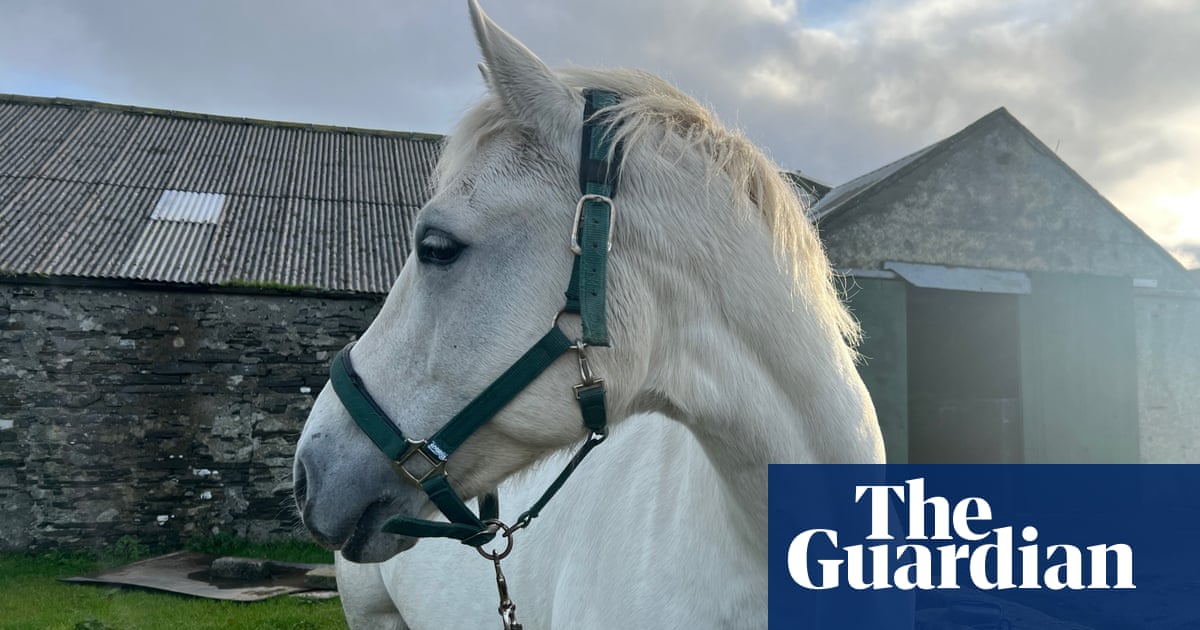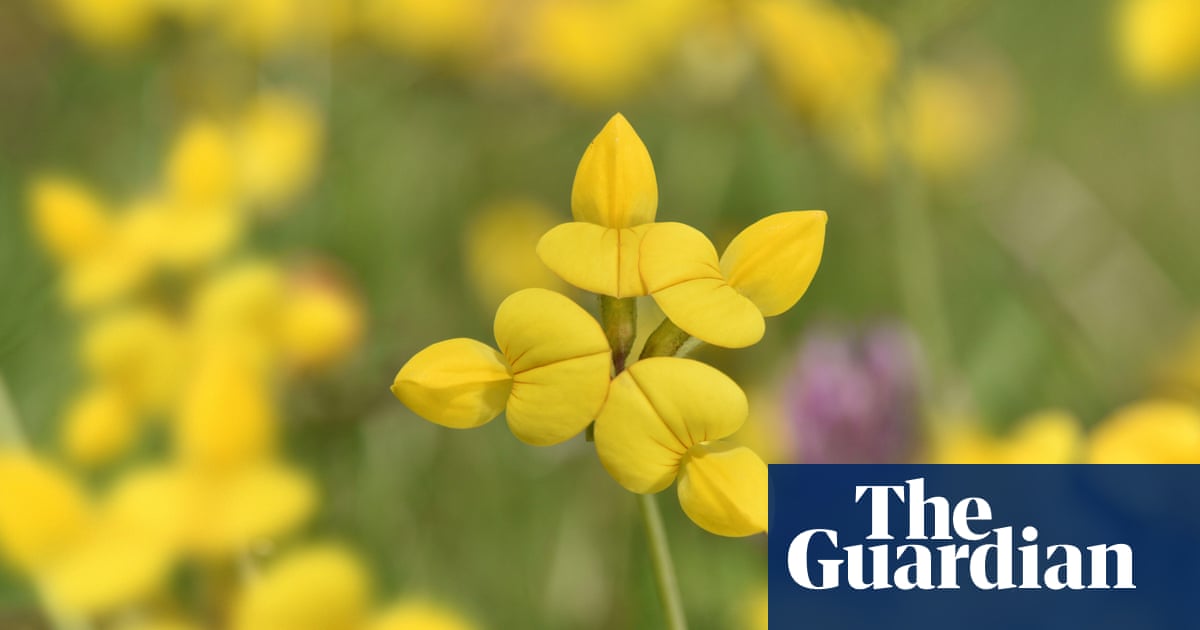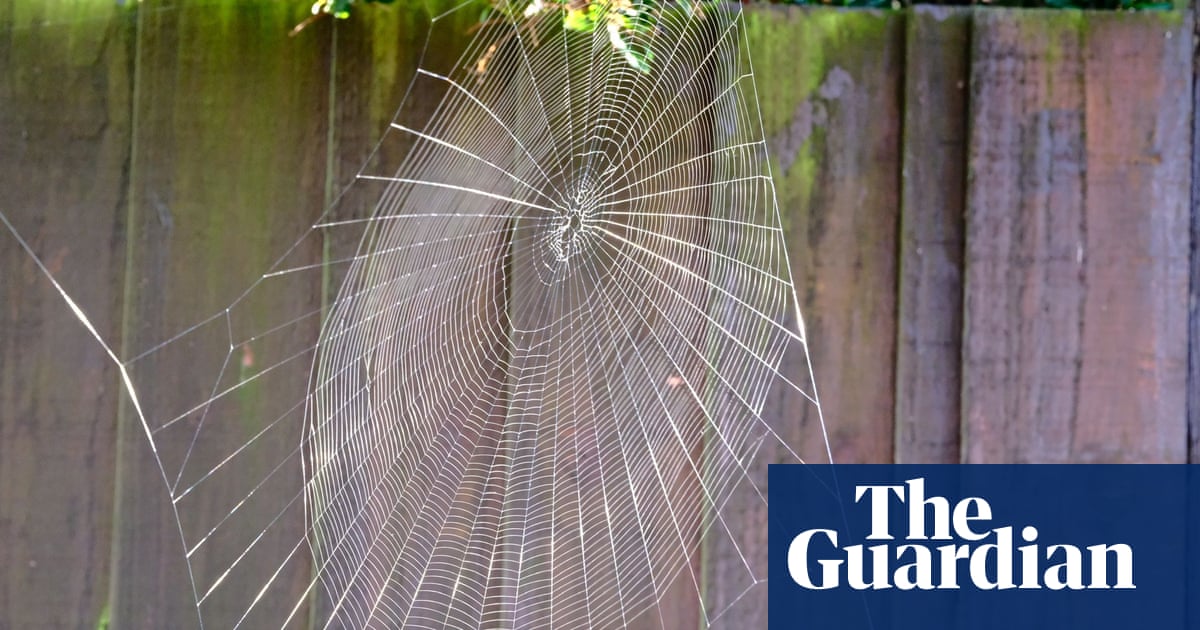
It’s been a week of clear skies and luminous evenings – a stretch of calm, still weather that has been felt as a physical release, even an act of mercy, after a seemingly unending winter. Finally, now, the days have stretched and warped into their long summer shape, the seabirds have been returning to the cliffs, and the uplands are gilded by a low sun long after I head to my bed.
As the days have been lengthening, our short-eared owls have been increasingly active. This is the time of year when they must hustle to feed their young; here, their diet largely consists of Orkney voles, a plump, hamsterish subtype endemic to the archipelago. I often see these owls out hunting while driving – one or two per short journey – cruising the fencelines, or moon-faced and watchful from a standing stone.
A few days ago, as I was hiking up a steep track that rose into the rugged heathland above Grimbister, a pale individual lifted from a nearby hummock to inspect the ground for prey. Utterly focused on this task, he disregarded me completely, though he travelled in a roughly parallel path over the rough grazing on the slope below. For a few moments we kept pace, he moving smoothly and silently, looping back on himself, wide amber eyes alert for the faintest trace of movement.
As my route climbed, the ground beside me dropped sharply away. We began to diverge; soon I was watching him from above as he glided, wraithlike on the slow breeze, the dark scallops on his upper wings flashing as he flapped stiffly up then lazily corkscrewed down.
But then, pivoting sharply on one wing tip, he dived into the grass as if through water. All in an instant. He was there, and then he wasn’t. Then he was back, wings beating, ascending slowly through the air. In his bloodied grasp, a ball of soft, wet flesh. Vole no longer. The owl’s round face turned to me as it passed: eyes wide and remorseless, beak blackened with gore. Catlike, sharp-clawed – a most beautiful murderer.












